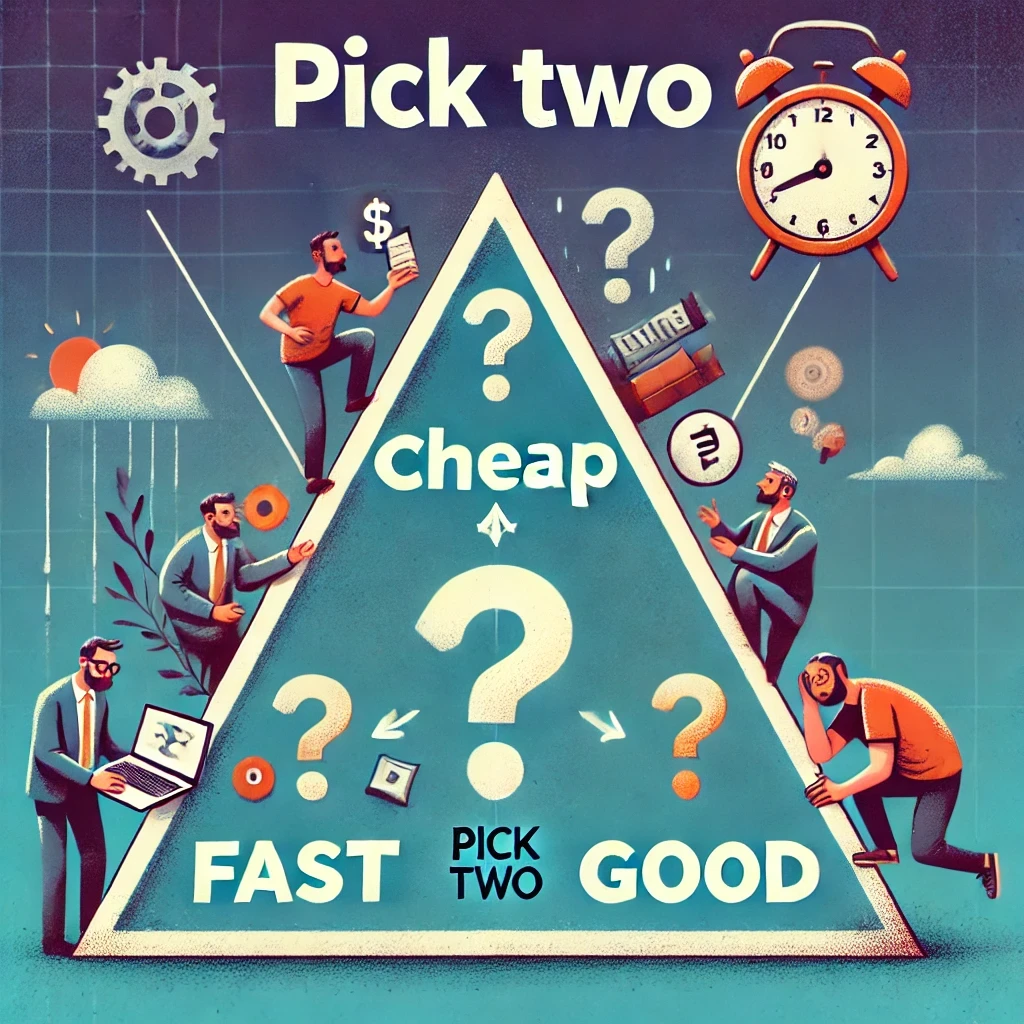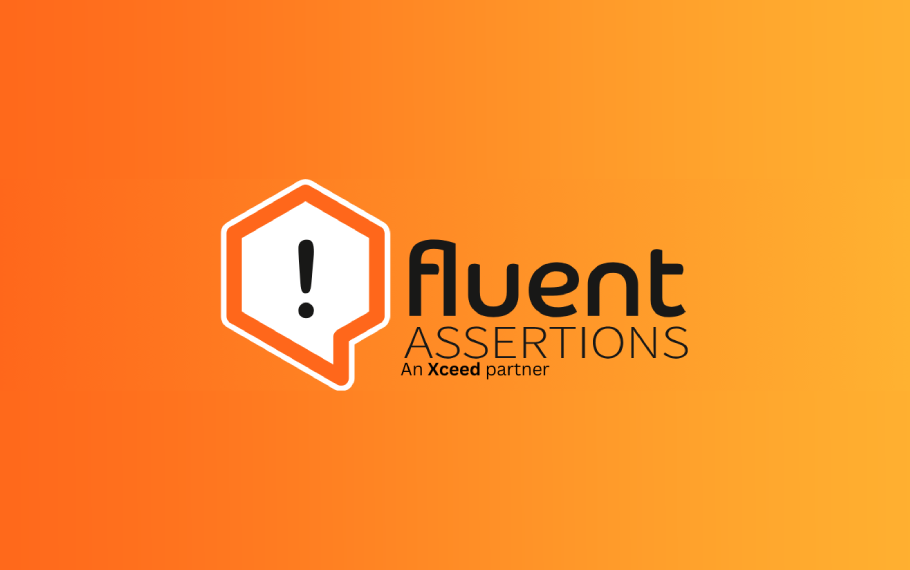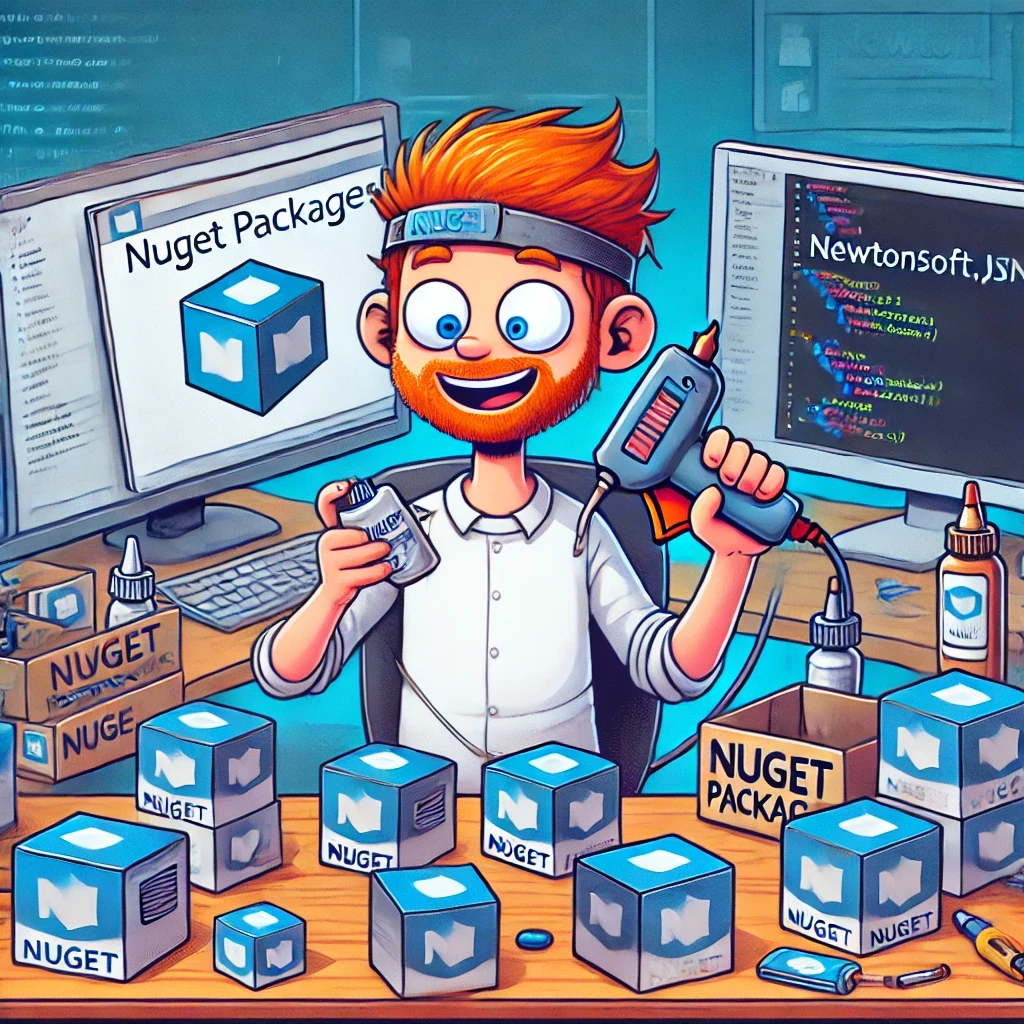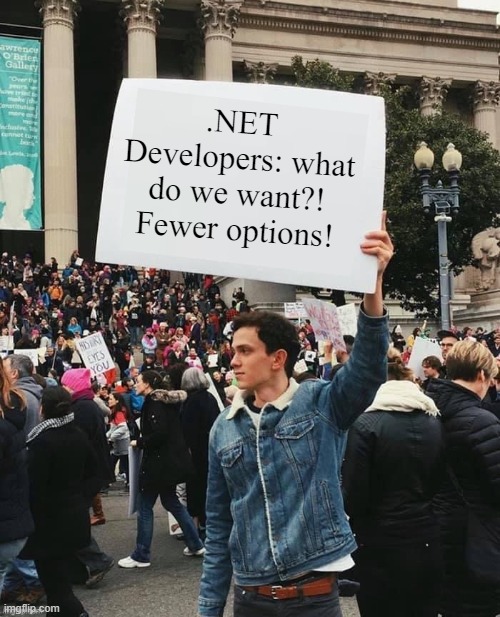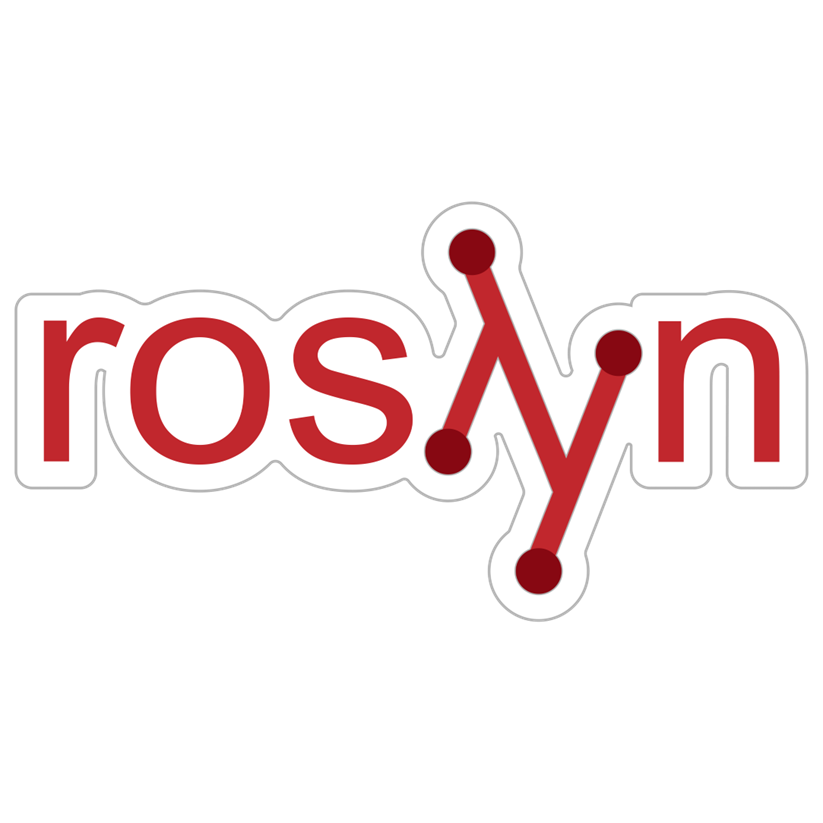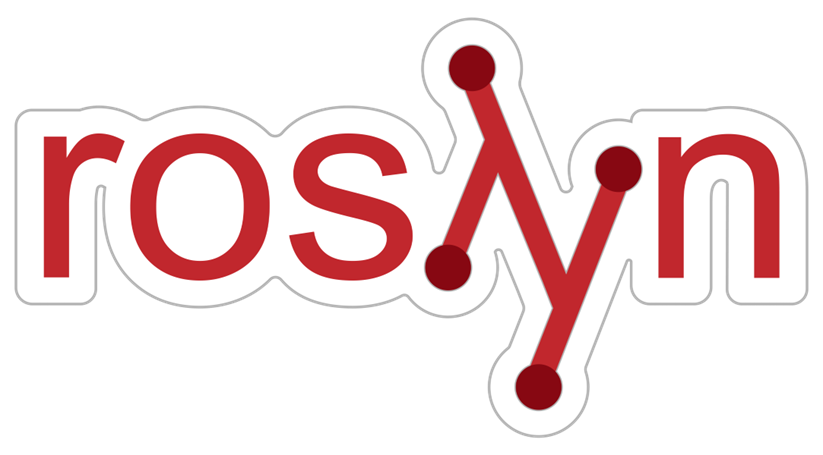“You can build it cheap, fast, and good - pick two” is how the saying goes, referring to the inherent trade-offs in software development priorities. It makes intuitive sense but utterly fails in real-world applications. Two simple reasons why this correlation does not hold:
- Price is not realistically correlated to quality of outcomes and
- Price isn’t correlated to faster delivery times either.
Price is its own independent quality determined entirely by the buyer’s and seller’s perception of value.
As the Dan Luu article I linked to mentions - it’s fairly difficult even for experts within a given domain to accurately assess the market value of their own services (or someone else’s), hence why price discovery has to be tested continuously1.
But let’s take a closer look under the covers at the price vs. quality and price vs. speed relationships.
